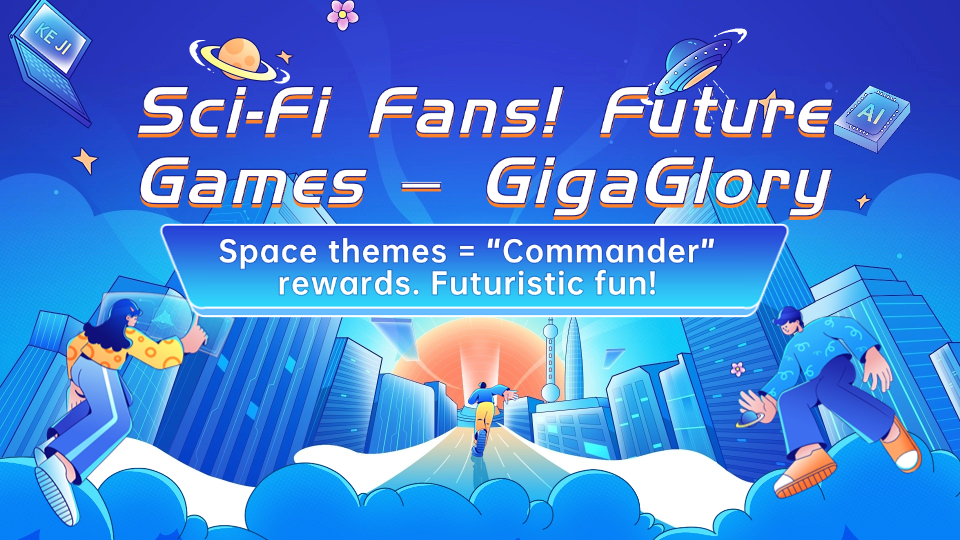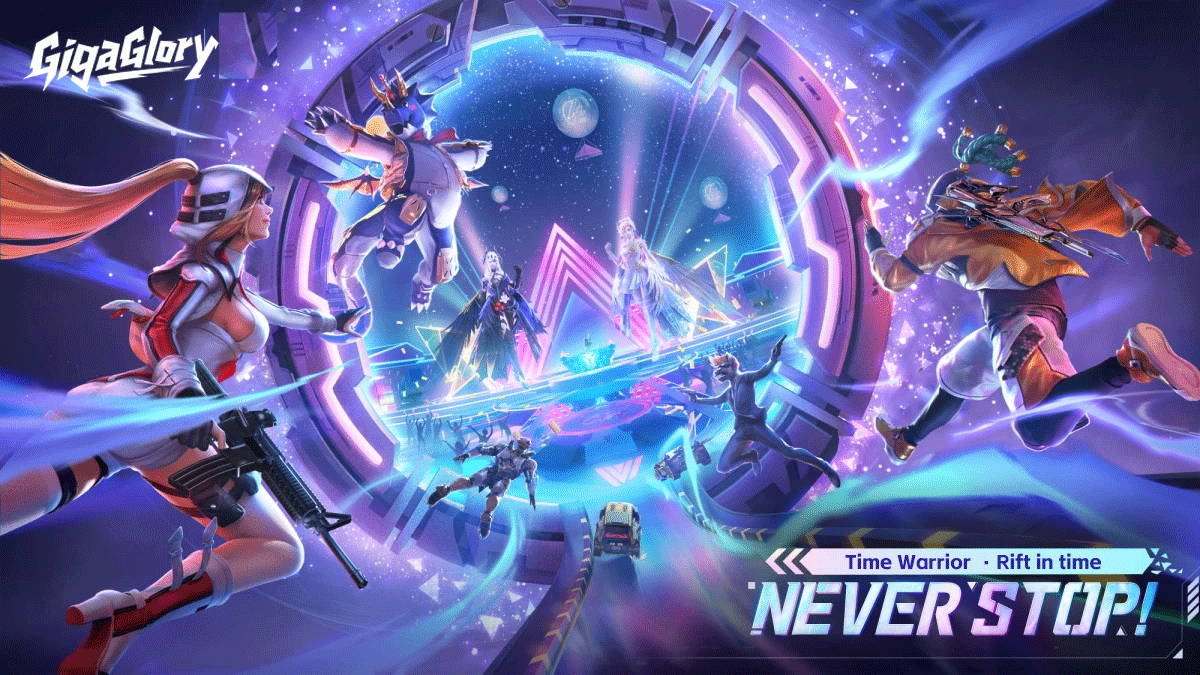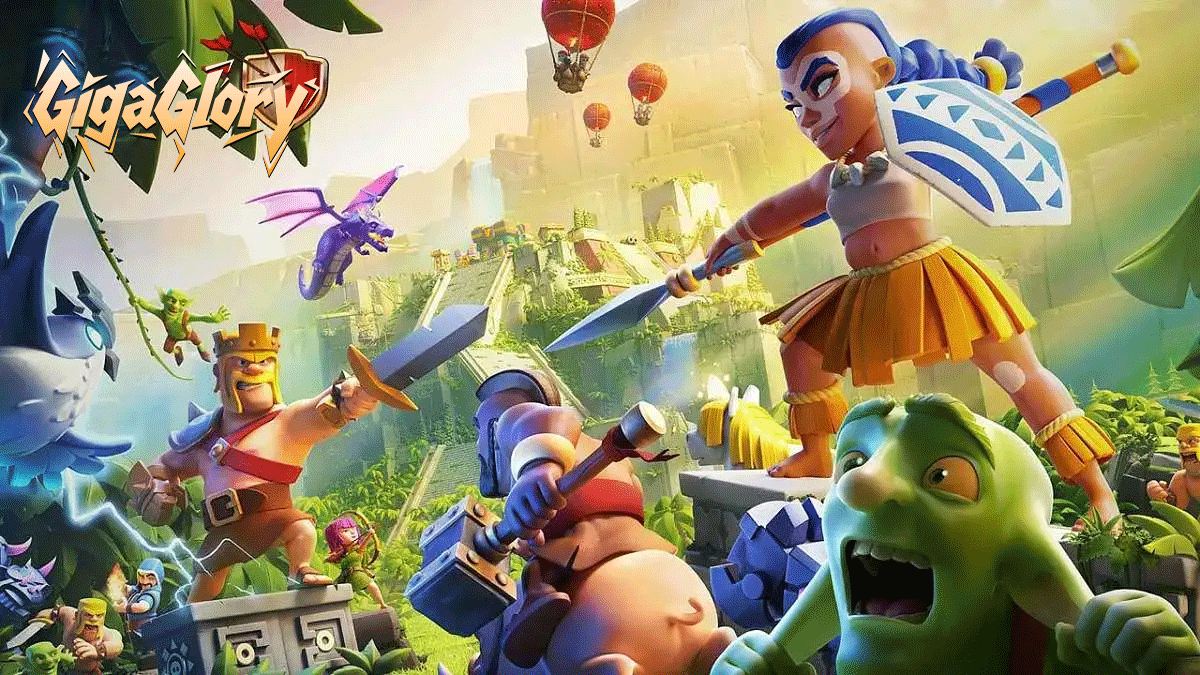Multiplayer Games vs. Offline Games: Which Offers the Ultimate Gaming Experience?
The debate between multiplayer games and offline games is one that has persisted in the gaming community for years. Both types of games have their unique appeal, catering to different kinds of players. But what really sets them apart? In this article, we delve into the intricacies of both categories, exploring features, gameplay styles, and the overall gaming experience they offer. Are you ready to uncover the ultimate gaming experience? Let’s get started!
Defining Multiplayer and Offline Gaming
Before diving deeper, let's clearly define what multiplayer games and offline games entail:
- Multiplayer Games: Games that allow multiple players to interact and compete with one another, often over the internet. Examples include games like Fortnite, Call of Duty, and Among Us.
- Offline Games: Games that can be played individually without the need for internet connectivity. Think of classics like The Legend of Zelda or mobile titles such as Candy Crush.
The Pull of Multiplayer Games
There’s an undeniable excitement that comes with multiplayer games. The adrenaline rush of competing or collaborating with friends or players around the world can create an exhilarating experience. Here’s what makes them attractive:
- Social Interaction: One of the biggest draws of multiplayer games is the social aspect. You can play with friends, meet new people, and form teams to take on challenges together.
- Competition: Whether you're fighting against others or racing to complete objectives, the competitive nature keeps gameplay engaging and eye-opening.
- Dynamic Experiences: Each game can offer a unique experience based on how players interact. No two games are ever the same!
Understanding Offline Gaming
While multiplayer games thrive on competition and social interaction, offline games present a different kind of experience:
- Immersive Storylines: Many offline games prioritize strong narratives, drawing players into well-crafted worlds. Titles like The Witcher and Final Fantasy are prime examples.
- Accessibility: Players can enjoy these games any time and anywhere without worrying about internet connectivity, making it convenient for those on the go.
Game Design: Story-Driven Mobile Games
In the realm of offline games, one can't overlook story-driven mobile games. These titles, such as Life is Strange or Monument Valley, provide players with captivating narratives and enjoyable gameplay, making them popular choices:
- Engaging Characters: Players often develop attachments to characters, contributing to a deeper gaming experience.
- Rich Environments: Many of these games focus on exploration, allowing players to enjoy beautifully designed worlds.
- Choice and Consequence: In these games, player choices can lead to different outcomes, enhancing replayability.
The Rise of Potato Games Unblocked
As gaming continues to evolve, certain genres have emerged, like potato games unblocked, which offer both simplicity and entertainment. These games often appeal to players looking for quick fun without heavy commitments. They typically include:
- Simplicity in design and controls
- Short gameplay sessions
- Accessibility across various devices
The Debate: Multiplayer vs Offline
Now, let's tackle the differences between multiplayer games and offline games. Which gaming style reigns supreme? To break it down, we will compare key aspects using a table format:
| Aspect | Multiplayer Games | Offline Games |
|---|---|---|
| Social Interaction | High | Low |
| Story Quality | Variable | Usually High |
| Accessibility | Requires internet | Always accessible |
| Engagement Duration | Often longer sessions | Shorter or longer as desired |
Community and Longevity
Multiplayer games thrive on community engagement. Games like League of Legends or World of Warcraft have built extensive communities through their online platforms, often hosting major tournaments.
Offline Games—The Longevity Factor
Offline games, on the other hand, often provide long-lasting experiences through the richness of their narratives. Once the internet isn't needed, players can delve into expansive worlds without interruptions.
Cost Implications
Cost-wise, multiplayer games can sometimes require subscriptions or purchase of in-game content. In contrast, offline games usually have a one-time purchase model, making them potentially more appealing financially.
Preference Variability
At the end of the day, preference comes down to individual style. Some players thrive in the heat of competition and community found in multiplayer games, while others appreciate the solitude and deep narratives of offline games.
The Unique Offering of Both Worlds
It’s essential to highlight that the gaming experience is highly subjective. Many players enjoy both multiplayer and offline games, often choosing depending on their current mood or circumstance.
Conclusion: The Ultimate Gaming Experience
In conclusion, both multiplayer games and offline games offer unique experiences that cater to different gaming preferences. While multiplayer games provide interaction, excitement, and competition, offline games offer deep narratives, ease of access, and engaging single-player experiences.
Ultimately, the choice boils down to personal preference. Whether you revel in the company of others or enjoy a rich story alone, there’s a place for every type of game in the world of gaming. So, what will you choose next? Dive into a multiplayer match or explore an offline adventure?



